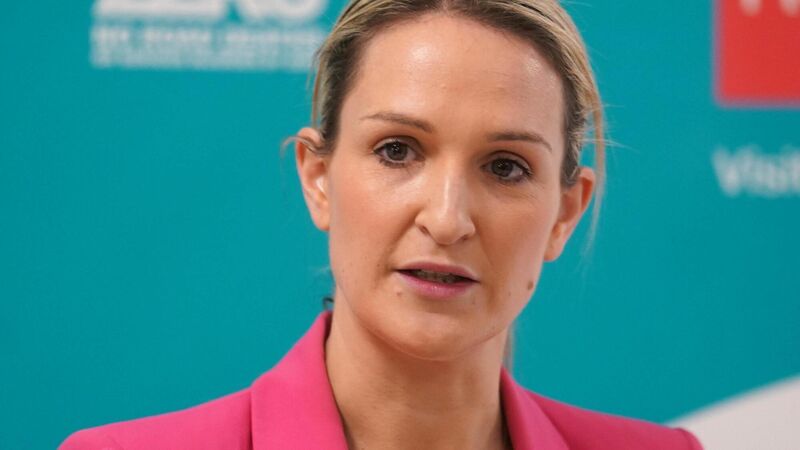Government to speed up asylum system and 'crack down' on wrongful applications

Justice Minister Helen McEntee said it is important that people who need to claim asylum are able to come to Ireland and will be offered the protection they need, but that those who abuse the system will be turned away. File picture: Brian Lawless/PA
The Government is to “crack down” on asylum seekers who abuse the International Protection system and warned those who are refused will be “sent back home”.
The tougher stance comes as Justice Minister Helen McEntee prepares to add more nations to the so-called safe countries list and speed up the application process. She will bring a memo to Cabinet on a range of measures tomorrow.










